What is Appraised Value?
It’s an objective opinion of value, but it’s not an exact science so appraisals may differ.
For buying and selling purposes, appraisals are usually based on market value—what the property could probably be sold for. Other types of value include insurance value, replacement value, and assessed value for property tax purposes.
Appraised value is not a constant number. Changes in market conditions can dramatically alter appraised value.
Appraised value doesn’t consider special considerations, like the need to sell rapidly.
Lenders usually use either the appraised value or the sale price, whichever is less, to determine the amount of the mortgage they will offer.
Used with permission from Kim Daugherty, Real Estate Checklists and Systems, www.realestatechecklists.com.






Office
3191 Richmond Rd, Staten Island, NY 10306
All information deemed reliable, but not guaranteed accurate, and should be independently verified. All properties are subject to prior sale, change or withdrawal. Neither listing broker(s) nor Martino Realty shall be responsible for any typographical errors, misinformation, misprints, and shall be held totally harmless. All information presented herein, including: property type, actual square footage, legal use of premises, room count, room dimensions, number of bedrooms, tax data, and property zoning should be verified by your qualified attorney, licensed architect, or tax professional.










